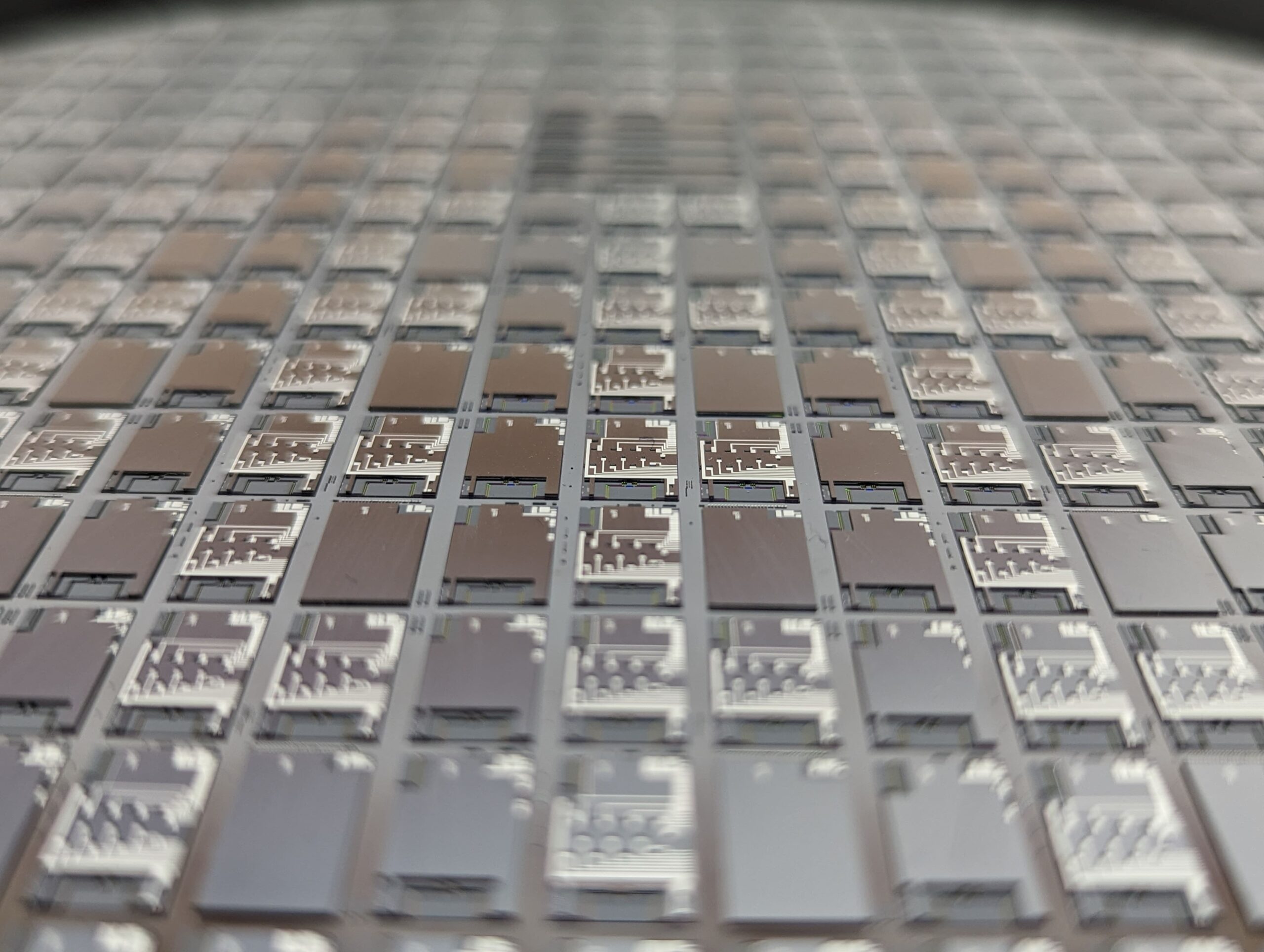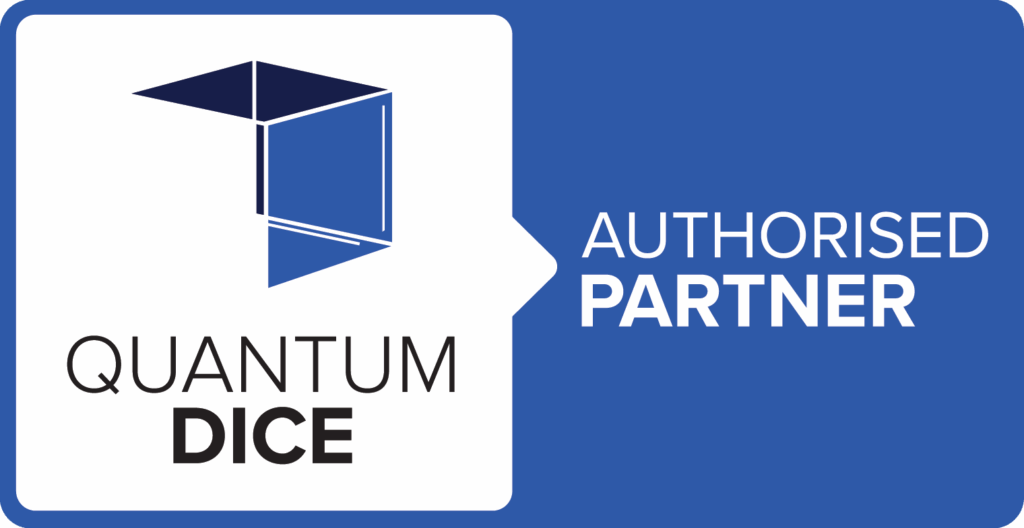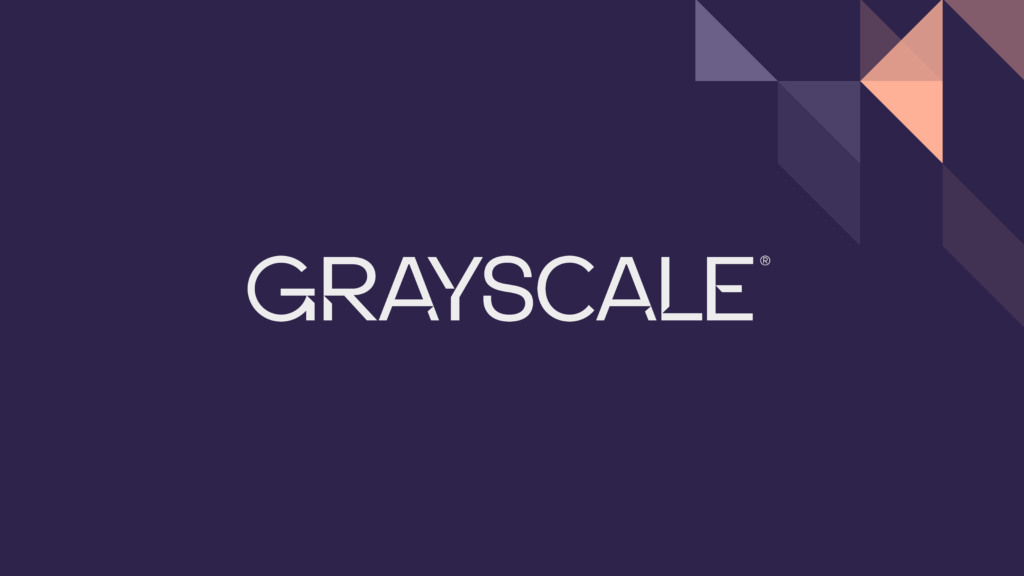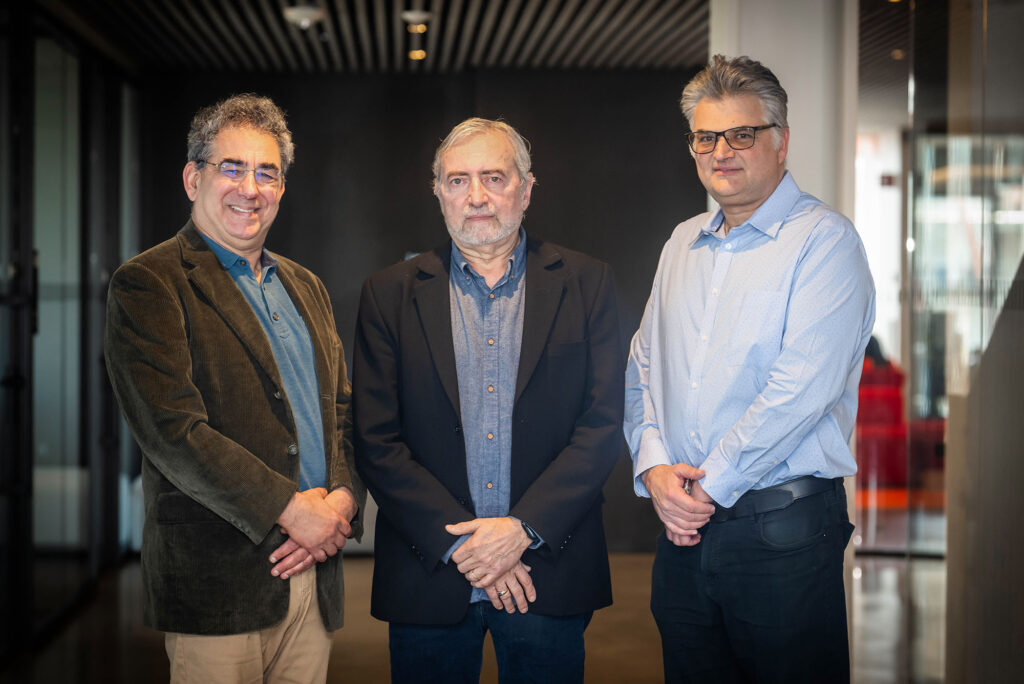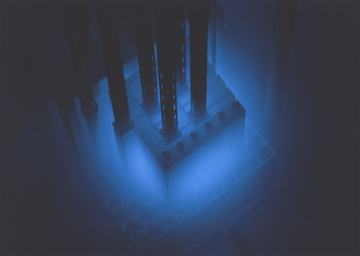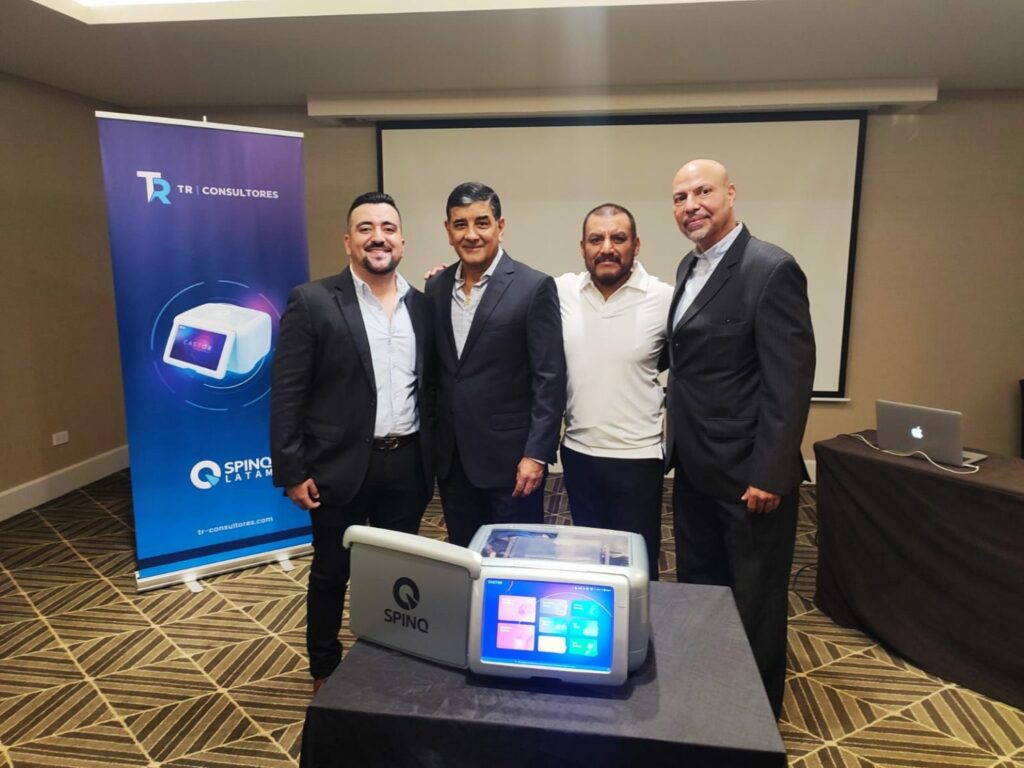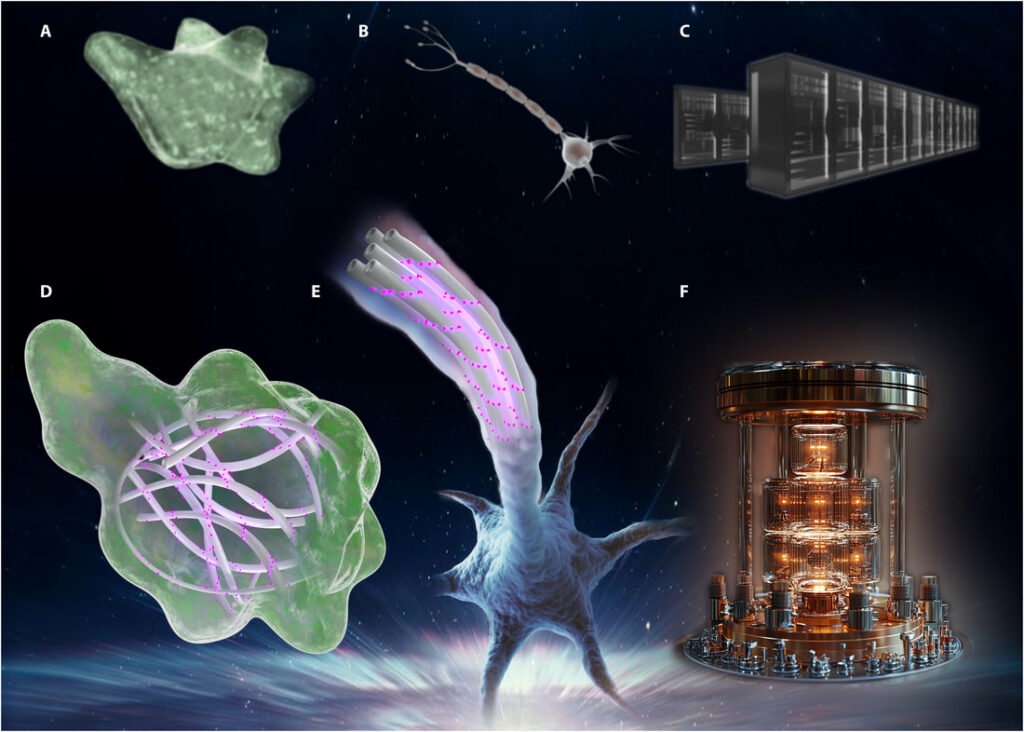Insider Brief
- Pasqal has acquired AEPONYX to enhance its neutral-atom quantum computing platform with advanced photonic integrated circuits (PICs), aiming to accelerate the path to fault-tolerant quantum computing.
- AEPONYX’s PIC technology enables precise, chip-scale light control that improves qubit stability, individual manipulation, and scalability from hundreds to thousands of qubits.
- The deal includes AEPONYX’s 27-person team and IP, integrating silicon photonics expertise into Pasqal’s roadmap for scalable, enterprise-ready quantum systems.
PRESS RELEASE — Pasqal, a global leader in neutral-atom quantum computing, today announced the acquisition of AEPONYX, a Canadian pioneer in photonic integrated circuits (PICs) – specialized chips in precise light control and manipulation. This strategic move strengthens Pasqal’s hardware platform and accelerates the company’s roadmap to fault-tolerant quantum computing (FTQC), a critical milestone toward unlocking quantum’s full potential.
Quantum computers work by harnessing the rules of quantum physics. Pasqal’s platform uses neutral atoms, suspended in space using lasers, as quantum bits, or qubits. These atoms store and process quantum information with extraordinary accuracy and coherence.
Controlling the light that manipulates these atoms requires extreme precision, more than traditional systems can provide. AEPONYX’s PICsoffer a compact, stable, and efficient way to generate and control the complex light fields required to trap, arrange, and entangle these atoms.Embedding this technology directly into Pasqal’s processors brings a new level of accuracy, robustness and scalability to the complex optics needed to run a quantum computer.

“AEPONYX has built some of the most precise and scalable light-control chips available now,” said Loïc Henriet, CEO of Pasqal. “By combining their technology with our neutral-atom architecture, we’re tightening our control over a critical part of the hardware stack. This gives us a competitive edge in scalability, advanced individual control of qubits, and hardware stability – three main goals every quantum company must achieve to deliver value at scale.”
The integration of PICs will allow Pasqal to replace delicate optical setups with chip-scale photonic circuits that will dramatically increase the stability of atom control and the precision of individual qubit manipulation. It will also simplify scaling from hundreds to thousands of qubits.
“Quantum computing is crossing a threshold – from proof-of-concept to real, usable processors,” said Philippe Babin, CEO of AEPONYX. “Joining Pasqal means our photonics will help power that leap. Together, we’re not just making better quantum machines – we’re building the foundation of a new computing era.”
Along with the intellectual property and technology, AEPONYX’s team of 27 employees will join Pasqal, continuing under the leadership of Philippe Babin. Their deep expertise in silicon photonics and scalable fabrication methods will now directly feed into Pasqal’s quantum hardware development and scaling strategy.
A Shared Vision: Precision, Power, and Global Leadership
The combination of neutral atom qubits and photonic chips delivers a unique technological edge: unmatched control fidelity, error resilience, and hardware stability. These are the critical ingredients in the next-generation digital fault-tolerant quantum computing – processors that detect and correct their own errors in real time.
With this acquisition, Pasqal is executing on its broader vision: to build the world’s most practical and scalable quantum computers systems, moving quickly to enterprise-ready platforms.
“The future of computing will belong to the leading companies who can make quantum systems practical, reliable, and scalable,” Henriet added. “With AEPONYX on board, we’re a giant step closer to that future.”


